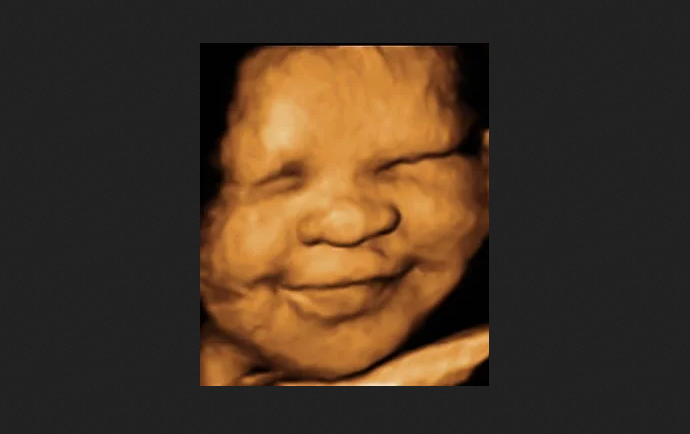As a philosophy teacher specializing in knowledge and logic, I have always been fascinated by how reasoning shapes our understanding of complex issues. My curiosity led me to interview ChatGPT, treating it as both a subject of study and a conversational partner. The goal was to explore its thought process across 25 topics ranging from politics to philosophy and social issues.
While many discussions were insightful, the AI responses about abortion were especially thought-provoking. To my surprise, ChatGPT admitted that abortion is the termination of a living human organism—a significant acknowledgment. It warrants closer examination.
The interview began with a foundational question: What is the nature of the entity within the mother’s womb? I deliberately used the term “entity” to avoid preconceived judgments. ChatGPT unequivocally affirmed that the zygote, embryo, and fetus are all biologically living organisms. It explained that these entities exhibit the characteristics of life—cellular growth, metabolism, and responsiveness to their environment. Science clearly distinguishes between living and non-living, and ChatGPT’s response confirmed that what exists in the womb is indisputably alive.
Satisfied with this answer, I pressed further: If abortion ends this life, does it not destroy a living organism? ChatGPT admitted, “Yes, from a biological standpoint, an abortion involves the termination of a living organism.” It was striking to hear this confirmation, as it aligned with scientific consensus.
However, ChatGPT began to distance itself from the moral implications of this acknowledgment, noting that societal and legal perspectives often prioritize other considerations, such as privacy. […]
— Read More: www.lifenews.com


